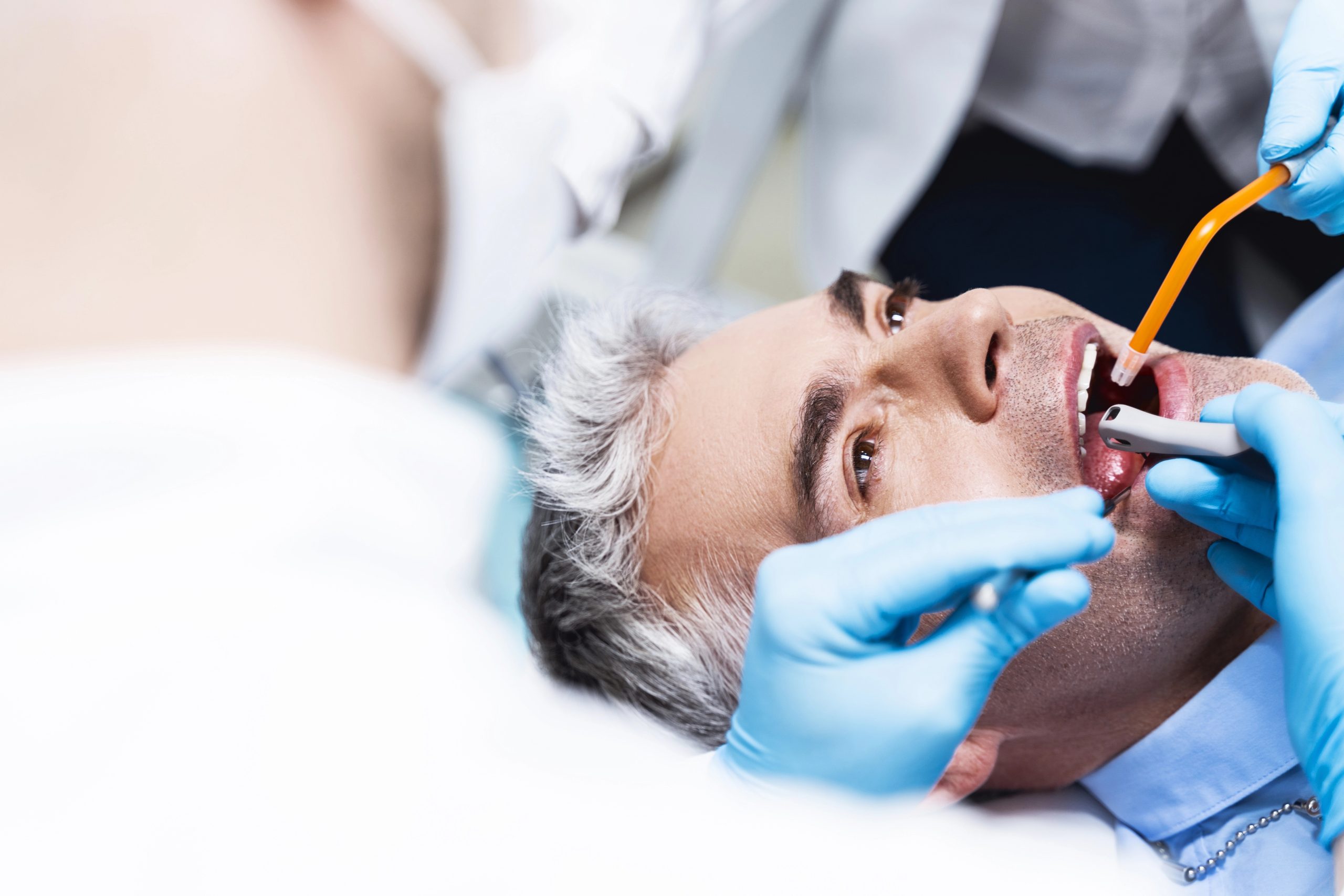Know the Signs Common Oral Health Issues in Seniors
As individuals age, they may experience various oral health issues that can significantly impact their quality of life. Understanding these warning signs is crucial for maintaining optimal senior dental health. Dr. Renken emphasizes that proactive care and awareness can prevent minor problems from escalating into more serious conditions. This blog post will explore some common oral health issues in seniors, helping caregivers and family members recognize when it’s time to seek professional help.
Bleeding or Swollen Gums
One of the most prevalent indicators of oral health issues in seniors is bleeding or swollen gums. These symptoms often suggest gum disease, which affects a significant portion of older adults. If an individual notices blood while brushing or flossing, or if the gums appear red and inflamed, it is essential to consult with Dr. Renken. Gum disease not only leads to discomfort but can also result in tooth loss if left untreated.
Additionally, dry mouth in seniors can exacerbate gum problems. Reduced saliva production increases plaque buildup, making regular dental visits even more critical. Maintaining good oral hygiene practices at home, such as gentle brushing and rinsing with antimicrobial mouthwash, can help mitigate these risks.
Persistent Bad Breath or Taste
Another sign that should not be overlooked is persistent bad breath or an unusual taste in the mouth. While occasional bad breath is normal, chronic halitosis could indicate underlying issues such as gum disease, cavities, or even oral cancer symptoms elderly individuals should watch for.
Dr. Renken advises that if bad breath persists despite proper oral hygiene, it might be time to schedule a visit. Identifying the root cause early on can lead to effective treatment options and improved overall well-being.
Loose Teeth or Tooth Pain
Loose teeth or tooth pain in older adults are alarming signs that warrant immediate attention. As people age, the risk of tooth decay and periodontal disease increases, leading to potential tooth mobility. Any sensation of looseness or discomfort should prompt a consultation with Dr. Renken.
In many cases, tooth pain indicates deeper issues, such as infection or advanced decay. Early intervention can save teeth and enhance long-term oral health. Regular check-ups play a vital role in catching these problems before they escalate.
Mouth Sores That Don’t Heal
Mouth sores that fail to heal within two weeks can signal serious concerns, including infections or precancerous lesions. For seniors, any unexplained sore should be evaluated by a dental professional like Dr. Renken. Timely diagnosis can make all the difference in treatment outcomes.
Seniors experiencing frequent mouth sores may also want to consider factors contributing to this condition, such as nutritional deficiencies or medications causing dry mouth in seniors. Addressing these underlying issues can promote healing and improve overall oral health.
When to Seek Immediate Dental Care
Recognizing when to seek immediate dental care is paramount for seniors. Symptoms such as severe tooth pain, swelling in the jaw, or difficulty swallowing should never be ignored. Additionally, if there are noticeable changes in oral tissues, such as lumps or discoloration, contacting Dr. Renken without delay is advisable.
Regular dental visits enable early detection of oral health issues in seniors, allowing for timely interventions that can preserve both function and aesthetics.
Frequently Asked Questions
Q1: What are the most common oral health problems in seniors?
A1: Common oral health problems include gum disease, tooth decay, dry mouth, and oral cancers. Regular dental check-ups can help identify these issues early.
Q2: How do I know if my elderly parent has gum disease?
A2: Signs of gum disease include swollen or bleeding gums, persistent bad breath, and loose teeth. If these symptoms are present, it’s important to consult with Dr. Renken.
Q3: When should a senior see a dentist for mouth pain?
A3: Seniors should see a dentist immediately if they experience severe mouth pain, especially if accompanied by swelling, fever, or difficulty eating.
Take Action for Better Oral Health Today
Understanding the top warning signs of oral health issues in seniors is essential for ensuring lasting dental wellness. By staying vigilant and seeking personalized and comprehensive care from Dr. Renken, families can address potential problems before they become serious. At Renken Dentistry of Oak Hill, community-focused care and affordable dental solutions are prioritized to meet the unique needs of every patient.
If you or a loved one is experiencing any concerning symptoms, don’t hesitate to reach out for assistance. Schedule your appointment today by calling (737) 257-5738 . For further inquiries, feel free to contact us through our website.
Your journey toward better oral health starts now!

